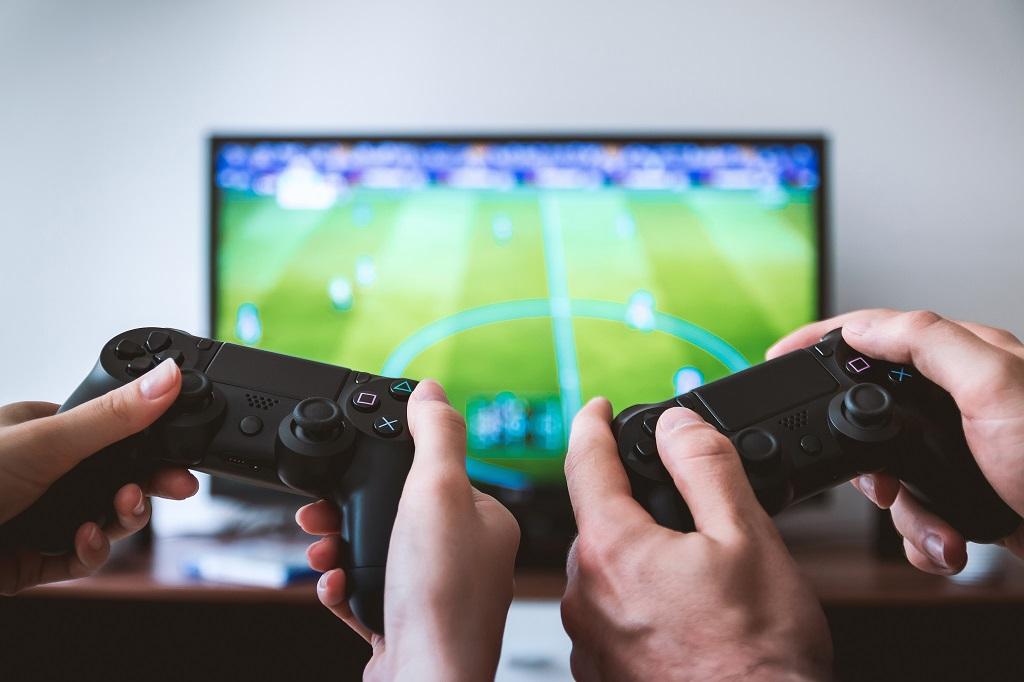The Impact of Online Gaming on Sleep Patterns and Health
In the digital age, online gaming has emerged as a popular and immersive form of entertainment, captivating players of all ages. While gaming offers a world of virtual adventures, there is growing concern about its impact on sleep patterns and overall health. The jili178 hosts seasonal events with themed content and decorations. In this article, we will explore the relationship between online gaming and sleep, examining how gaming habits can influence sleep quality and overall well-being.
Gaming and Sleep Disruptions
1. Late-Night Gaming Sessions
Online gaming often involves engaging and competitive experiences, enticing players to extend their gaming sessions into the late hours of the night. These extended playtimes can lead to sleep disruptions and reduced sleep duration.
2. Blue Light Exposure
The screens of gaming devices emit blue light, which can interfere with the body’s production of melatonin, a hormone responsible for regulating sleep-wake cycles. Prolonged exposure to blue light before bedtime can make falling asleep more difficult.

Gaming and Sleep Deprivation
1. Sleep Debt Accumulation
Frequent late-night gaming and shortened sleep durations contribute to the accumulation of sleep debt. Sleep debt can lead to daytime drowsiness, reduced cognitive function, and increased risk of accidents.
2. Sleep Quality
Even if players manage to achieve the recommended sleep duration, the quality of sleep may be affected by the stimulation and excitement of gaming. Sleep may be less restorative, impacting overall physical and mental well-being.
The Link to Health Consequences
1. Physical Health
Sleep deprivation resulting from excessive gaming can have adverse effects on physical health. It may lead to weakened immune function, increased susceptibility to illnesses, and potential long-term health issues.
2. Mental Health
Poor sleep patterns caused by online gaming can contribute to stress, anxiety, and mood disorders. Sleep disturbances may exacerbate existing mental health conditions or increase the risk of developing mental health issues.
Gaming Addiction and Sleep
1. Gaming Disorder
Gaming addiction, recognized as “Gaming Disorder” by the World Health Organization (WHO), can significantly disrupt sleep patterns. Compulsive gaming behaviors may lead to neglecting sleep in favor of continuous gameplay.
2. Escapism and Sleep
For some individuals, gaming serves as a form of escapism, providing a distraction from real-life stressors or problems. Escapism through gaming can interfere with healthy sleep habits and perpetuate a cycle of sleep disruptions.
Strategies for Healthy Gaming Habits
1. Setting Boundaries
Establishing boundaries for gaming, especially before bedtime, is crucial for maintaining healthy sleep patterns. Setting a specific time to stop gaming and wind down before sleep can improve sleep quality.
2. Screen Time Management
Reducing screen time, including gaming, in the hours leading up to bedtime can mitigate the negative effects of blue light exposure on sleep.
3. Prioritizing Sleep
Recognizing the importance of sleep and prioritizing its role in overall health can motivate gamers to strike a balance between gaming and rest.
Conclusion: Striking a Balance
In conclusion, online gaming can have a significant impact on sleep patterns and overall health. While gaming offers exciting and engaging experiences, it is essential to be mindful of its potential effects on sleep duration and quality. Striking a balance between gaming and sleep, and adopting healthy gaming habits, is vital for promoting well-being in the digital era.


































